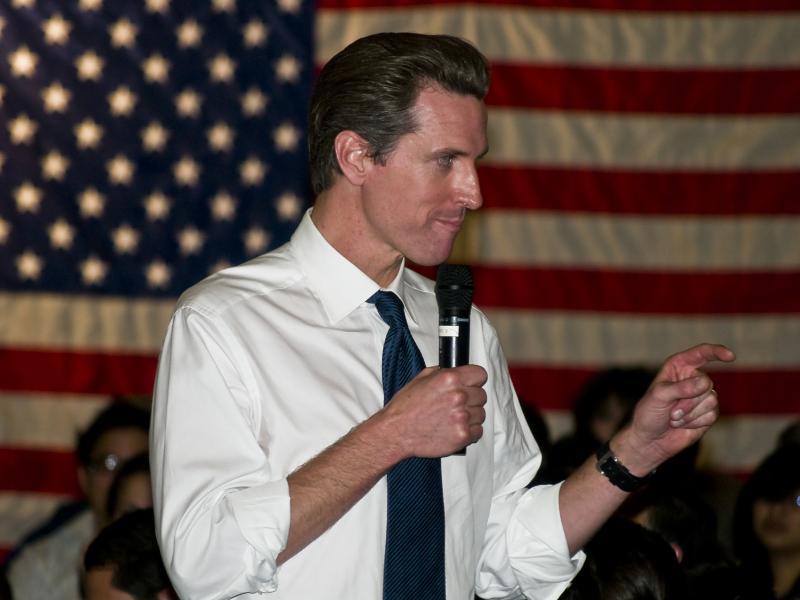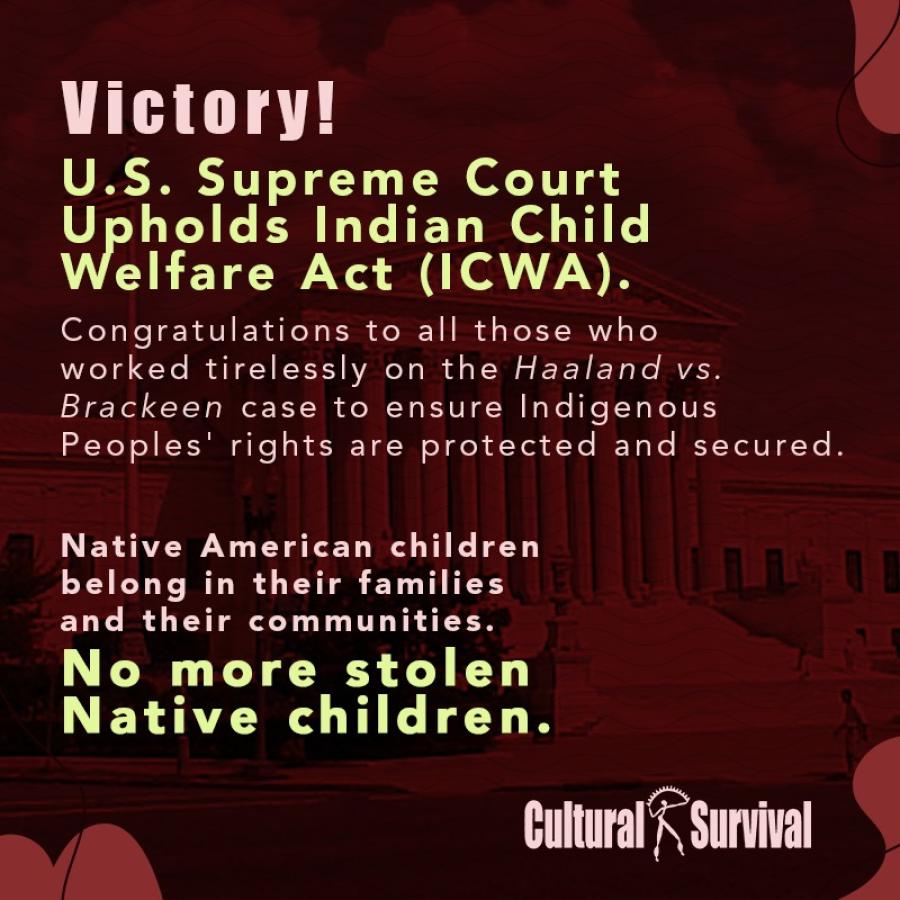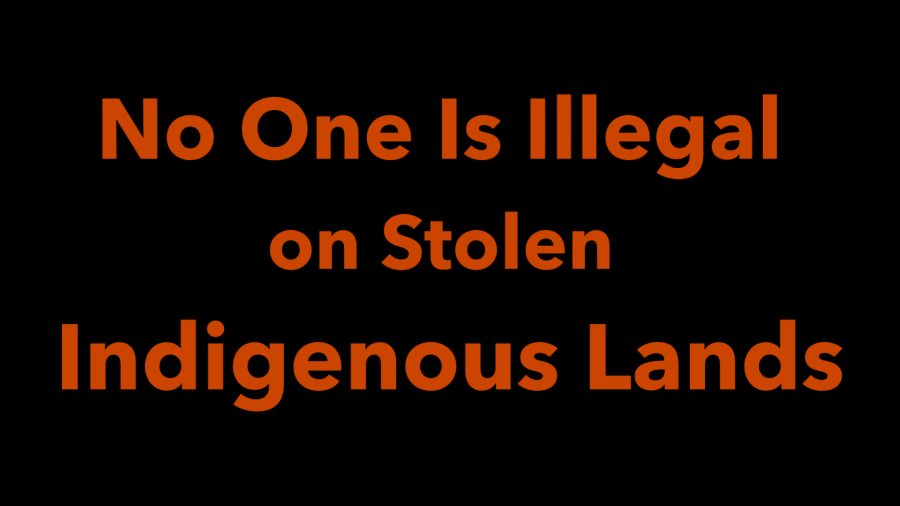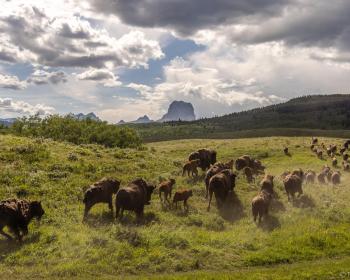
By Katherine Hamilton
There has been a broad range of sincerity, depth, and publicity within the few apologies offered by the United States government to Native American Peoples throughout history. One more apology was added to this short list on June 18, 2019, delivered on behalf of the state of California by Governor Gavin Newsom.
What stood out about Newsom’s statement was his description of the crimes for which he expressed regret: “It’s called a genocide,” he said. “No other way to describe it. And that’s the way it needs to be described in the history books.” In 1851, California’s first governor, Peter Burnett, vowed to fight Native Americans until they became “extinct.”
Newsom spoke during a ceremony in West Sacramento, where the California Indian Heritage Center is to be constructed, about the executive order that formally recognizes the state’s discriminatory history against Indigenous Peoples. The order marks one of the first state-wide apologies to Native Americans to be issued in the United States.
New Mexico Congresswoman Debra Haaland (Laguna Pueblo) remarked that “this country was founded on genocide,” but California’s history is particularly atrocious because its crimes occurred later than the rest of the country.
Almost exactly ten years before Newsom’s statement, the Senate passed an official apology to all Native peoples of the United States, which was later signed by Obama in December 2010. While the bill was historic in many ways, it also received criticism for its almost complete lack of publicity, with the White House making no announcement about it.
Obama’s apology took far less of a stance than Newsom’s, neglecting to address any specific tribes and noting that the bill does not settle or support any legal claims. A large portion of the bill is dedicated to thanking Native Americans for their role in helping colonizers in the earliest European settlements, as well as their high participation in the U.S. military and protection of various lands. It “apologizes on behalf of the people of the United States,” rather than from the government itself. Its description of the crimes against Native Americans also contrasts in strength to the California order, stating that “while establishment of permanent European settlements in North America did stir conflict with nearby Indian tribes, peaceful and mutually beneficial interactions also took place.”
Oglala Sioux poet Layli Long Soldier quoted this particular segment of the bill in her collection of poetry Whereas, which was published in 2017 as a direct response to the apology. Whereas earned Long Soldier a number of awards, including National Book Critics Circle Award and the Griffin Poetry Prize. In addition to her poetry and activism work, Long Soldier is also a contributing editor to Drunken Boat journal and an adjunct professor at Diné College in Navajo Nation.
In Whereas, she critiques the use of the word “conflict” rather than “genocide” to describe the systemic violence against Native Americans over centuries. In fact, the majority of her collection examines the use of language in United States legislation and grammar, and how it maintains colonial and oppressive ideals. She challenges the “rules” of traditional English poetry and language by breaking visual boundaries to reconstruct Obama’s bill, along with other historical events. The use of the term genocide has always held great weight, and it seems to be gaining traction as the most suitable word to describe the mass atrocities committed consistently against Native Americans and Indigenous Peoples everywhere.
The term genocide was used again this year to describe violence against Indigenous Peoples in the Canadian National Inquiry report on oppression of Indigenous women, girls and LGBTQ+ people. The report declared that Canada’s rate of violence against this group “amounts to genocide” and included over 2,000 testimonies from survivors and families of victims.
While recent acknowledgements and apologies have made stronger and more decisive statements in support of Indigenous Peoples, many people still see an absence of legal action. The Canadian report included 231 calls for justice, but the government has not yet acted on these. California’s order has mandated a Truth and Healing Council which will work with tribes to create a written report by January 2025 about the historical relationship between the state and Native Americans. Additionally, last year’s state budget included a $100 million allotment to build the California Indian Heritage Center However, Newsom said he had not yet considered other forms of healing relations with California Native Americans, such as financial reparations or altering the state curriculum.
Many Indigenous leaders discussed the need for further action beyond the apology. Traces of California’s genocidal past are still present; many communities are still named after men who persecuted Native Americans and the statue that represents California in the U.S. Capitol depicts Father Junipero Serra, who began the first Catholic missions.
In May, Maine passed a bill banning all schools in the state from having a mascot or name that refers to a Native American tribe or custom. The state also replaced Columbus Day with Indigenous Peoples Day, joining a growing portion of the country in this holiday change.
Moke Simon, chairman of the Middletown Rancheria of Pomo Indians of California in Lake County, spoke about the general lack of awareness about Native Peoples today. “More than often, you hear at the county courthouse and other things, ‘Oh, when the Indians were here.’ Well, we’re still here,” he said, arguing that the state could do more to educate young people about Native governments and history.
Governor Newsom himself admitted to his previous ignorance of California’s past, saying it was “humbling” to learn “how ashamed I should be as a Californian.”
Photo of Governor Gavin Newsom by: Patrick Giblin



